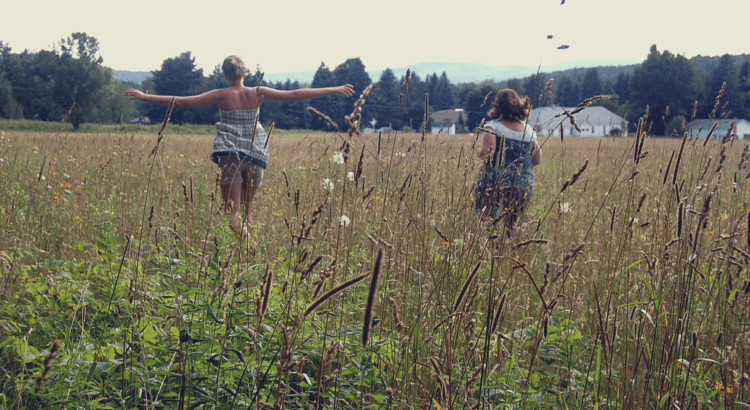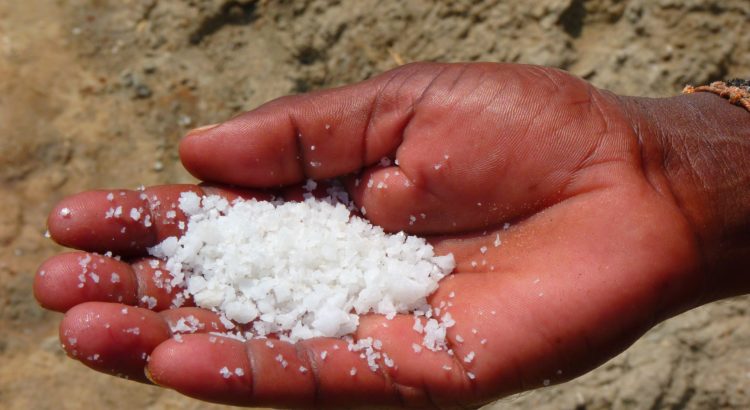A sermon for the Eighth Sunday after Pentecost, Year C (Proper 13: Hosea 11:1-11; Psalm 107:1-9, 43; Colossians 3:1-11; Luke 12:13-21)
**
As some of you know, my day job is as an educational media producer and researcher. My main interest has always been in how people make meaning of and with various kinds of objects and experiences.
Take, for example, a vacation photo of a remote mountain path, or a t-shirt some industrious aunt made for a family reunion. Perhaps you can imagine the hiking photo repurposed for a social media post about some big life decision. Perhaps you can imagine the t-shirt repurposed as a cleaning rag, so that whenever you dust your bookshelf you find yourself thinking of that time your 12-year-old cousin went mad with power during an epic game of Monopoly.
I never get tired of hearing people trace these webs of meaning.
**
Stories from scripture can have this kind of power for meaning making. In particular, I think Jesus knew that parables would be a rich source of reflection and what we would call remixing for his immediate audience and for generations to come.
Stories invite us to bring our own experience to bear on the speaker’s ideas and accounts.
Jesus taps into a lot of gut and heart and soul stuff when he says a simple phrase like “a rich man” or “ample goods” or “eat, drink, be merry.”
I recently had a conversation with a community organizer who works on police accountability and racial wealth disparities in the Bayview. She said something like, “You know, our economic system has taught us to divide our time between working for our livelihood and trying to relax enough to be able to get back to working for our livelihood. If we have a partner, or children, or parents who need our help, we might carve out some space for working and/or relaxing with them.
“But life is about so much more than this,” she said passionately, “and the dimension I’m trying to help people recover is their connection and responsibility to their community.”
I’ve been playing back that conversation in my head for weeks now, and the experience returned to me unbidden as I spent time with this particular parable of the rich man.
I think we do a pretty good job of reminding each other of our interdependence, of how much we need each other and our wider communities, of how much our neighbors and our world need the radical message of love and grace with which Jesus has entrusted us. We received yet another heartbreaking reminder of that need yesterday.
And yet I know all too well what my calendar looks like from week to week. Devoid of, say, the chance to break bread with some of you or the other disciples in my life, or the chance to pitch in at an event my organizer friend is leading, or the tragic necessity for prayer and lament when innocent people are gunned down—without these prompts, as often as not I revert to precisely the kind of thinking the rich man exemplifies.
I may not be building warehouses or renting storage units, but I am nevertheless primarily occupied with my stuff: my possessions and paycheck, my research, my list of responsibilities, my carefully guarded hours to eat, drink, be merry. Even my attention to spiritual or emotional growth, when I have such attention, can be a form of idolatry, a way of focusing overmuch on the created rather than the creator. Of focusing on me.
Where does the rich man go wrong? Where do I? Where do we? And how can we live differently—in ways that grow community and rejoice in human dignity?
What I’m about to say is gonna sound like just “one weird trick,” but it’s actually a window into a deep and life-giving would-be reality:
This week, pay attention to the pronouns you use when you speak. As you’re writing emails or chatting with friends or making plans with a significant other, listen for the pronouns we hear an absurd number of times in this parable: I and my.
For example: How often am I talking about “my ideas” that are really our, or her, or their ideas?
Of course, this exercise in turning from selfishness toward relationships can go the other way too. When am I verbally collectivizing our action in situations where perhaps I am actually shirking my responsibility.
Or when does my “us” also exclude, creating a “them” I can avoid, or blame, or worse.
If the rich man had this particular filter running on his internal monologue, he might have paused to ponder some new possibilities. A larger barn to store crops would make a love-spreading difference if it belonged to the rich man and his workers. “Relax, eat, drink, be merry” is good news bearing good fruit, for a time and for a community. But when he says it only to himself and for many years, that fruit withers on the vine.
In so many ways, too many of God’s children are withering on the vine.
**
If we allow her, the Holy Spirit will teach us to ask who’s missing from a particular photograph, who is object rather than subject in a particular narrative.
When we slow down and pay attention, perhaps even just to the words we use, the meaning we make from these new perspectives will sometimes surprise us. Sometimes what we discover will tempt us toward shame or disengagement. In one way or another, we will all fall into the rich man’s selfish predicament.
But thanks be to God, Jesus also assures us that, if we let it, what we learn when we turn back outward can transform and deliver us instead.




